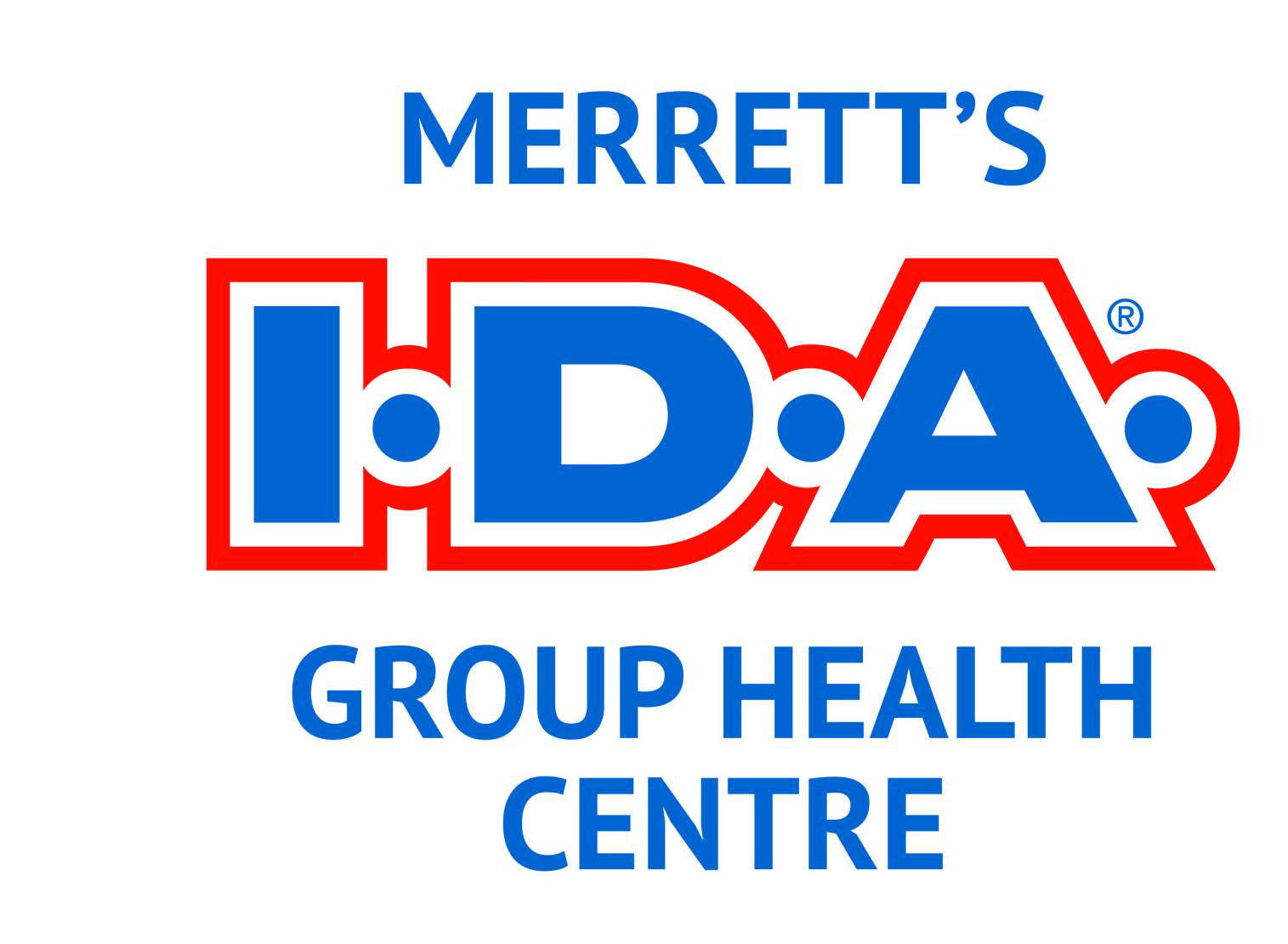Cholesterol
Cholesterol is an essential fat, but the body only needs a small amount. The two main types are “good” (HDL) and “bad” (LDL) cholesterol. Your pharmacist can help you understand the ins and outs of cholesterol and its impact on your health.
A lack of exercise, overweight, poor nutrition, and smoking increase your risk of developing high cholesterol or suffering the effects of this condition. People with diabetes or hypertension also need to more strictly control their cholesterol because they are at a higher risk of cardiovascular disease.
Do you want to improve your cholesterol? Don’t hesitate to consult your pharmacist, who can tell you your “heart age,” your target cholesterol values, as well as non-medication measures that can improve your cardiovascular health. Your pharmacist can also give you useful documentation about cholesterol.
Has your doctor prescribed you cholesterol medication? Your pharmacist will tell you how to take it correctly and will follow up to see how well the medication is working for you and whether you are tolerating its side effects, if any. If your doctor hasn’t already done so, your pharmacist will order blood tests to make sure your cholesterol is kept under optimal control. If required, your pharmacist will also consult with your doctor to adjust your medication to improve its effectiveness or safety.
